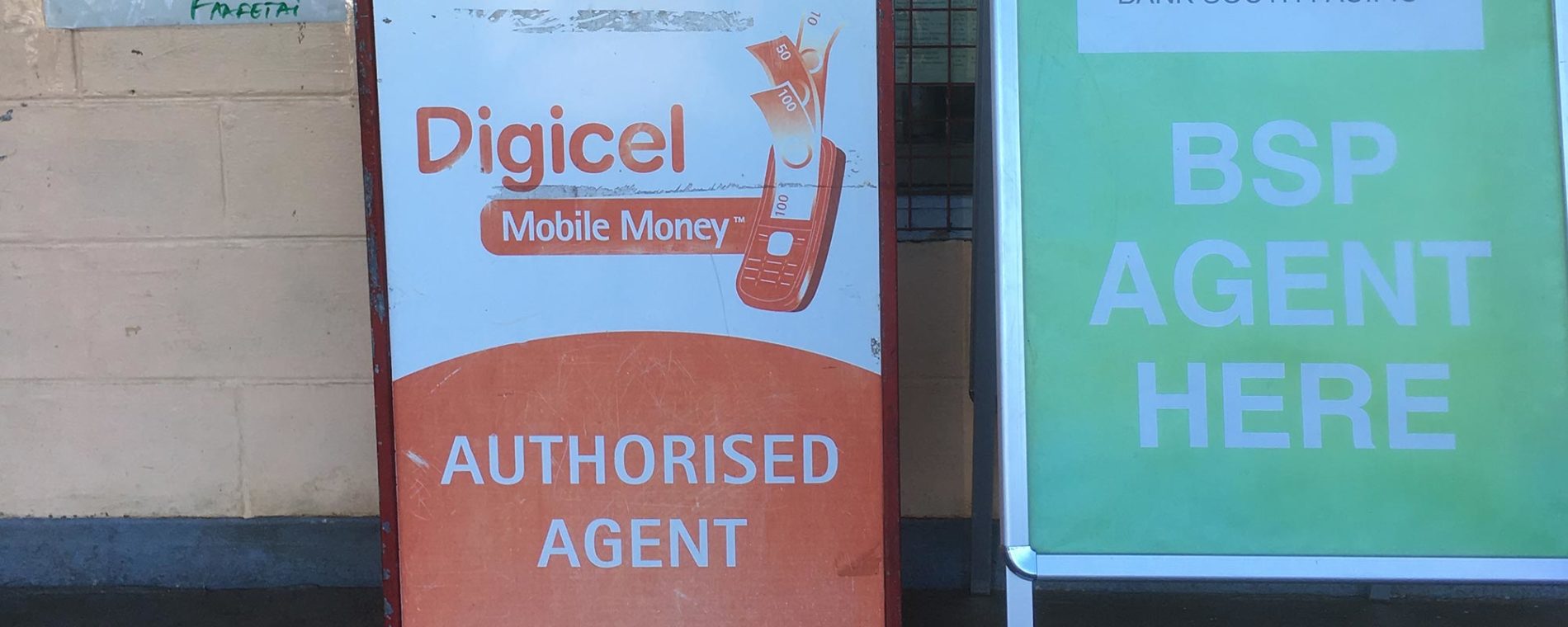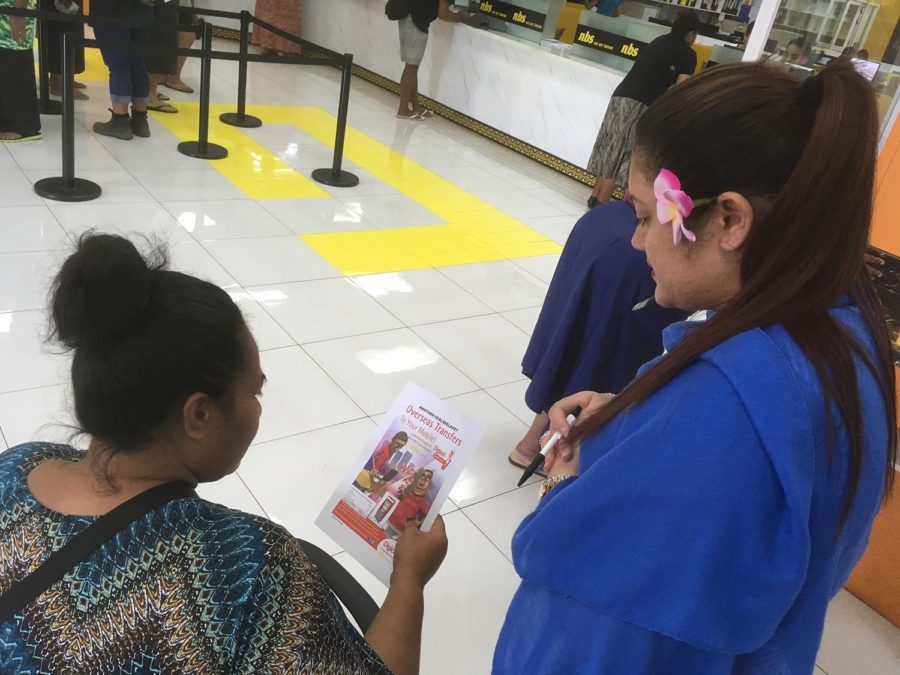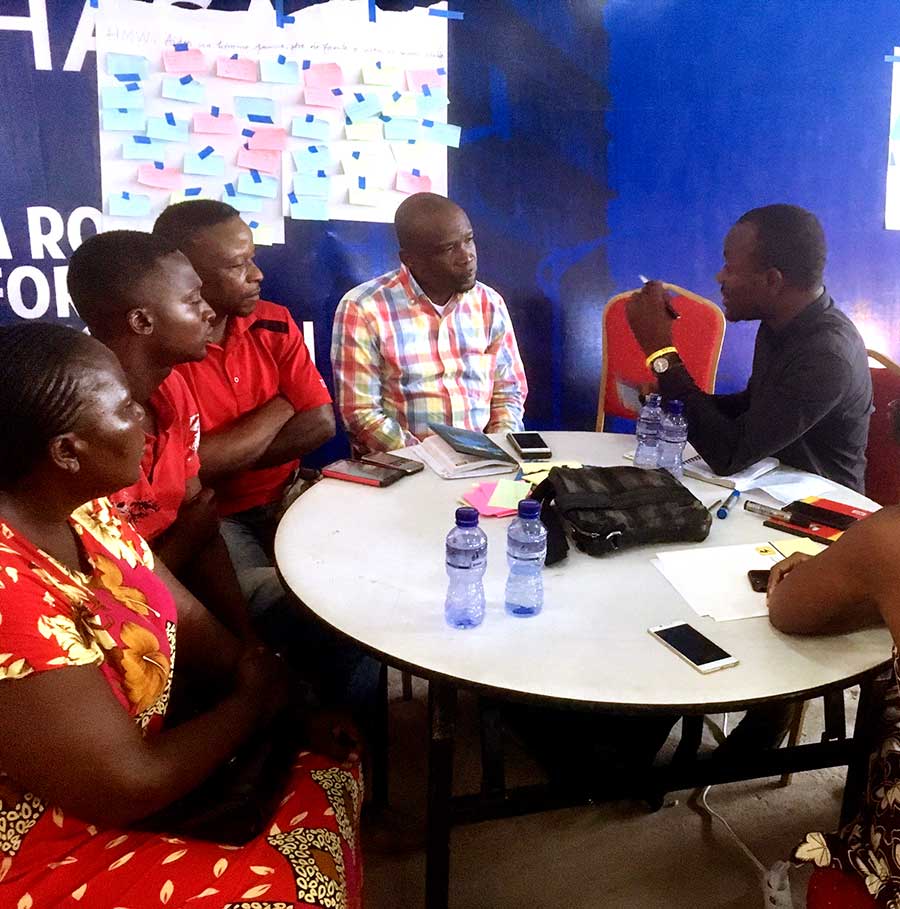Concept testing a mobile money-based international remittances product linked to bank accounts

|
Client Partners
|
UNCDF, National Bank of Samoa and Digicel |
|
Markets
|
|
|
Methods
|
|
The National Bank of Samoa (NBS) and Digicel, the country's largest mobile network operator (MNO), were keen to collaborate on the emerging mobile payments sector. While NBS had an extensive branch network and Digicel had a well-regarded international mobile money transfer product, their initial idea had been limited to connecting their back-end platforms. Moreover, it appeared that the bank and MNO had different strategic goals regarding their collaboration. The United Nations Capital Development Program (UNCDF) brought in Digital Disruptions to help develop the overall product and align NBS’s and Digicel’s objectives.

Approach & Outcome
At project kick-off, Digital Disruptions brought together executives from the bank and the MNO to discuss their expectations. We quickly reframed the problem from a technology activity towards a user-centric one: allowing remittance customers to move their money transfers into an interest-bearing bank account.
From there, we spoke to customers and bank agents while conducting mystery shopping on competitors. We used these insights to craft additional features for a new product and an underlying business model. Our team further stress-tested the concept by running an intercept survey with branch customers and concept-tested a product prototype with remittance recipients. In parallel, we ensured viability by conducting a high-level regulatory analysis, financial modelling, and a technology assessment.
We managed to complete the engagement in just nine days in-country. By taking a co-creation approach, we worked closely with executives from NBS and Digicel to discuss key insights and, with our guidance, the client teams came up and ultimately owned key decisions. As a result, the bank, MNO, and UNCDF agreed to jointly fund the implementation phase a month after our engagement. The final product, called EziBank, was successfully launched a year later.
Digital Disruptions was instrumental in helping a client, a local commercial bank, move from an ambiguous problem statement to a concrete business model design to increase customer adoption of financial services. The client highly appreciated its approach to stakeholder consultation using a blended approach to design thinking and lean start-up. As a result, [the UNCDF] was able to get an agreement to set up a design innovation lab. The project is one-of-a-kind in the country.
 Amit Kumar Garg
Amit Kumar Garg
Former Technical Specialist,
Financial Inclusion,
United Nations Pacific Financial Inclusion Program (PFIP)
Next Case Study
Estimating market demand for goods and services for Forcibly Displaced Persons
FSD Africa and ELAN RDC Democratic Republic of the Congo
Highlighting the surprising buying power of refugees and internally displaced persons in one of the most fragile states in the world.

